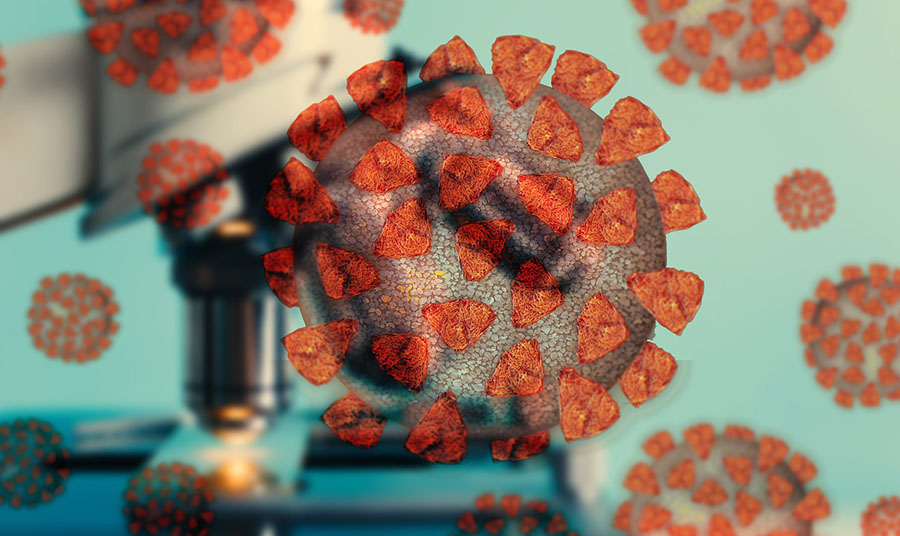American Society of Clinical Oncology (ASCO) abstracts came out last week and a review of the massive data dump has revealed a few nuggets and one new recommendation from us. The ASCO abstracts are of great importance as they show us the battle against cancer continues to progress, and while our focus is investing in cancer companies, the progress is far and away more important for current and future cancer patients.
The data was mostly dominated by Big Pharma as these companies have stepped up cancer drug development after witnessing biotech companies like Genentech and Celgene develop blockbuster cancer drugs. Thus, Bristol-Myers, Merck, Johnson & Johnson, Glaxo, Pfizer, etc. all had lots data. Other biotech companies with interesting data included; Ariad, ArQule, Aveo, Exelixis, Onyx and Seattle Genetics among others. We are looking primarily at the smaller biotech companies for exciting investment opportunities and readers of the Medical Technology Stock Letter (MTSL)were provided with that opportunity last week. MTSL-recommended companies with interesting data are: Celgene, ImmunoGen, Incyte, Nektar, OncoGenex, and Pharmacyclics. The market has been so weak that it prevented companies with surprisingly good data from moving up in price. This means that the "ASCO effect," where stocks run up in anticipation of ASCO, has been stalled for the most part due to bad market conditions.
One company that has benefitted from the ASCO effect despite the tough market has been Pharmacyclics (PCYC). We believe that the PCYC data for PCI-32765 (ibrutinib) are extremely promising and greatly expand both the drug's commercial potential and Pharmacyclics' value proposition. Ibrutinib appears to be well on its way to becoming a blockbuster cancer drug. In our 25+ years analyzing drug candidates, we have never seen something so simple and satisfying—a once-a-day highly effective and very safe pill, with never--before-seen results in multibillion dollar markets.
Investment Conclusion: We are usually quite reluctant to chase stocks into strength but the ASCO abstracts reveal an even wider therapeutic window and hence, market potential. PCYC has demonstrated that it has a very sound management team and potentially the best cancer drug—or any drug around for that matter. The company is poised to deliver a plethora of positive news flow throughout the year, as the drug development candidate is in multiple trials for multiple indications. We have not even discussed the potential for PCI-32765 in the major markets of non-Hodgkin's lymphoma (NHL) or multiple myeloma (MM), which could send the stock to multiples of the current price if even hints of efficacy are delivered. We urge subscribers to purchase PCYC immediately as today's market pullback is providing an excellent entry point and we expect PCYC's stock to accelerate once the market stabilizes.
ASCO Abstracts: INCY, CELG, IMGN
Incyte Corp.'s (INCY) Jakafi appears to have reasonable activity in patients with lower platelet counts, with acceptable safety. Data from the low-platelet study of Jakafi showed that with the lower starting doses (5mg) titrating up to an average of 5-10mg BID, patients achieved 14% and 23% improvements in symptom scores at weeks 4 and 8 respectively. This compares to 50% improvements in symptom scores observed in Comfort I, although it is difficult to compare head-to-head as the symptom scores were measured at a different time point (week 24) and the populations were slightly different. Overall the data indicates patients with low platelets could still benefit to some degree from Jakafi without significant side effect concerns. In addition to this data, Dr. Verstovsek will present a poster confirming no withdrawal symptoms upon the discontinuation of Jakafi. ASCO is a very good venue to educate oncologists and we expect INCY to take full advantage of the opportunity.
Maturing POM-002 data continue to highlight the efficacy of Celgene Corp.'s (CELG) pomalidomide in patients' refractory to Revlimid, Velcade or both. The phase 2 MM-002 pomalidomide study will be updated on June 3 as part of an oral abstract session by Dr. Vij. It was Dr. Richardson who presented initial data from the randomized portion comparing pom/dex versus dex at ASH 2011. The ASCO abstract indicates that 42% of patients (n=47) in the pom/dex arm were refractory to Revlimid and Velcade and had received a prior autologous stem-cell transplant. We believe the overall data continue to look robust and are very comparable to the overall MM-002 study and various other subgroup analyses presented for the IFM-2009-02 study (also at ASH 2011). Specifically, 34% of patients achieved at least a partial response, median PFS was 4.6 months, median duration of response in patients achieving a PR of 5.7 months and 1-year OS was 67%. This reaffirms pomalidomide's meaningful and consistent activity in patients failing a wide range of therapies.
ImmunoGen Inc. (IMGN) will present PFS and tolerability data from the phase 3 Emilia trial for T-DM1 at a plenary session on Jun 3 at ASCO. This is important for the company as it presents its first phase 3 data for TDM-1 in metastatic breast cancer (mBC). The introduction of Herceptin, the first targeted medicine for HER2-positive mBC, was a significant milestone for people with this aggressive breast cancer. However, additional effective medicines are still needed for this fatal disease. The phase 3 Emilia study evaluated trastuzumab emtansine in patients with HER2-positive mBC who had previously received Herceptin and a taxane. As previously announced, the study showed that people who were treated with trastuzumab emtansine lived significantly longer without their disease getting worse (progression-free survival or PFS) compared to those who received lapatinib plus Xeloda® (capecitabine). The safety profile of trastuzumab emtansine in the study was consistent with that seen in previous studies, and is better than other current therapies. Safety is very important for TDM-1 because better safety would allow it to be used earlier in the treatment space for mBC patients. We may also hear from the company's partner, Roche, on the plans for developing TDM-1 in the adjuvant space for mBC patients.
Medical Technology Stock Letter
www.bioinvest.com


























































